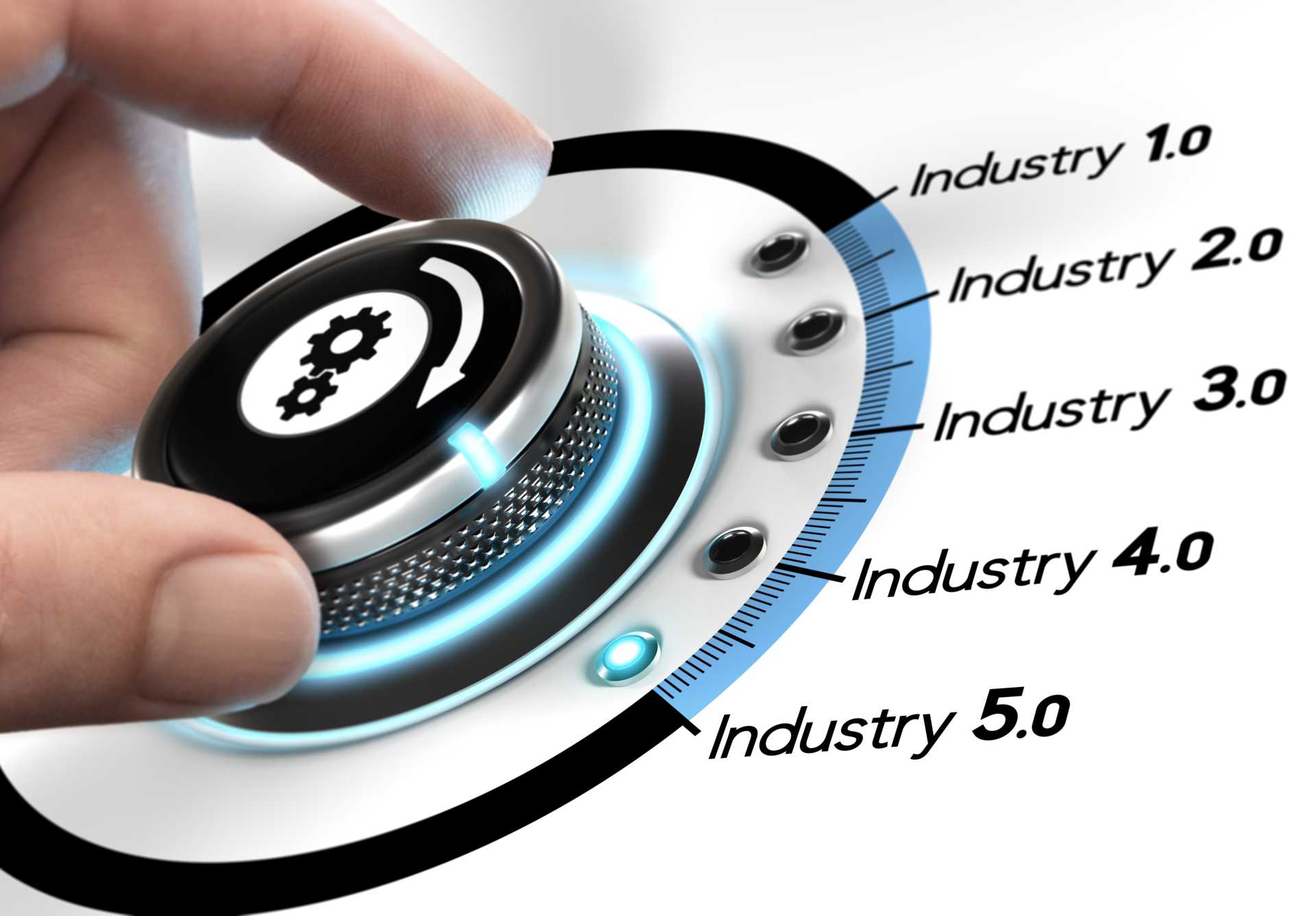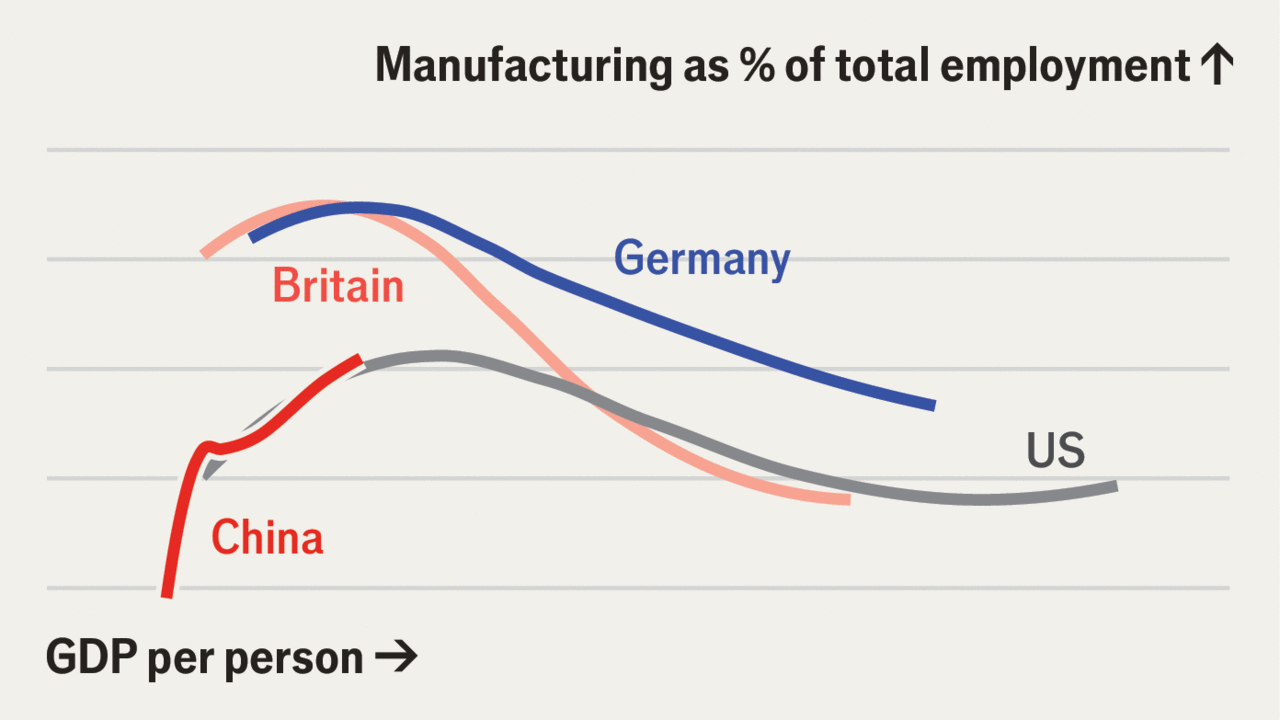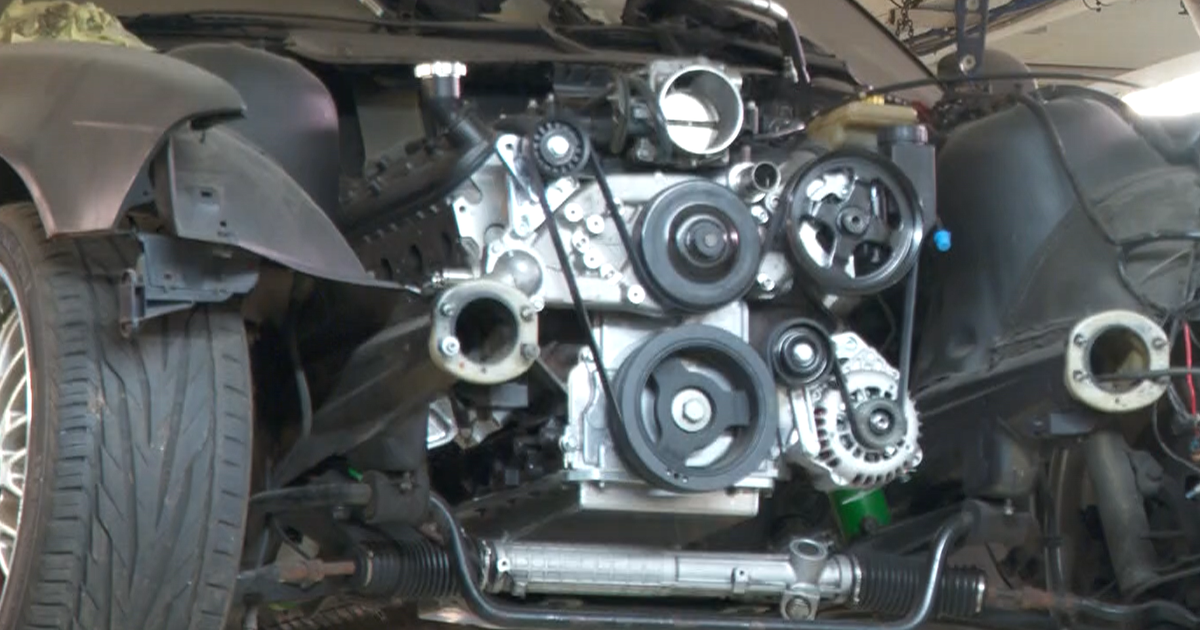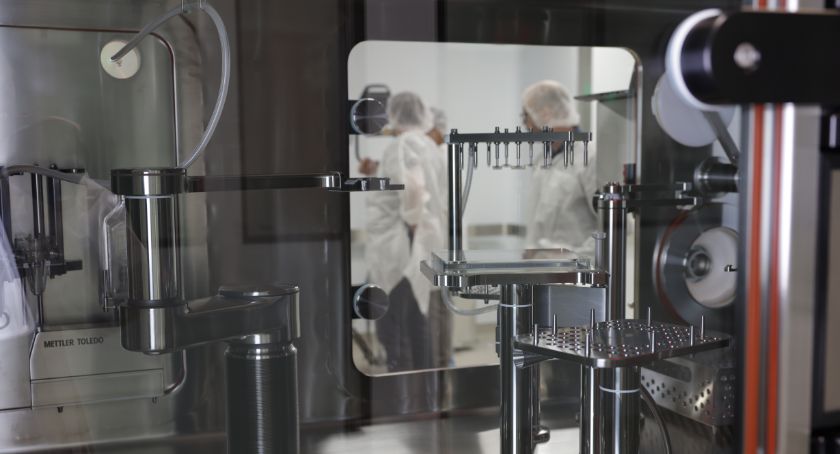Manufacturing's Next Frontier: Are You Prepared for the 5.0 Revolution?
Manufacturing
2025-03-19 12:01:51Content

The Manufacturing Revolution: From Industry 4.0 to Industry 5.0
The manufacturing landscape is undergoing a transformative journey, evolving from the technology-driven Industry 4.0 to the human-centric Industry 5.0. While Industry 4.0 focused primarily on automation, connectivity, and data exchange, the emerging paradigm of Industry 5.0 introduces a more nuanced approach that harmonizes technological innovation with human creativity and collaboration.
At the heart of this transition is a fundamental reimagining of the relationship between humans and machines. Unlike its predecessor, Industry 5.0 doesn't view technology as a replacement for human workers, but as a powerful tool that enhances human capabilities. This shift represents a more holistic and sustainable approach to manufacturing, where advanced technologies like artificial intelligence, robotics, and machine learning work in symbiosis with human expertise.
Key characteristics of Industry 5.0 include:
• Personalized production capabilities
• Enhanced human-machine collaboration
• Greater emphasis on sustainability and social value
• Adaptive and flexible manufacturing processes
As manufacturers embrace this new paradigm, they are discovering unprecedented opportunities for innovation, efficiency, and meaningful technological integration that respects and amplifies human potential.
The Manufacturing Revolution: Bridging Human Ingenuity and Technological Brilliance
In the rapidly evolving landscape of industrial transformation, manufacturers are standing at the precipice of a profound technological metamorphosis. The journey from mechanical automation to intelligent, human-centric systems represents more than just technological advancement—it's a fundamental reimagining of how humans and machines collaborate to create unprecedented value and innovation.Revolutionizing Manufacturing: Where Technology Meets Human Potential
The Paradigm Shift in Industrial Ecosystems
The contemporary manufacturing ecosystem is experiencing a seismic transformation that transcends traditional technological boundaries. Unlike previous industrial revolutions characterized by pure mechanization, the emerging paradigm emphasizes symbiotic relationships between human creativity and advanced technological infrastructure. Manufacturers are increasingly recognizing that true innovation emerges not from replacing human workers, but by empowering them with intelligent technological augmentation. Cutting-edge technologies like artificial intelligence, machine learning, and advanced robotics are no longer viewed as standalone solutions but as collaborative tools that enhance human capabilities. These technologies enable workers to focus on complex problem-solving, strategic thinking, and creative design while automated systems handle repetitive and precision-based tasks.Technological Integration and Human-Centric Design
Modern manufacturing is witnessing an unprecedented convergence of digital technologies and human-centric design principles. Advanced sensor networks, real-time data analytics, and predictive maintenance algorithms are transforming production environments into intelligent, adaptive ecosystems. These systems can anticipate potential disruptions, optimize resource allocation, and provide instantaneous insights that were previously unimaginable. The integration goes beyond mere technological implementation. It represents a philosophical shift towards creating work environments that prioritize human well-being, skill development, and continuous learning. Manufacturers are investing in training programs, ergonomic workplace designs, and collaborative interfaces that make technology an extension of human potential rather than a replacement.Sustainable Innovation and Ethical Technological Advancement
The next generation of manufacturing is intrinsically linked with sustainability and ethical technological development. Companies are increasingly adopting circular economy principles, developing production processes that minimize environmental impact while maximizing resource efficiency. Advanced technologies enable precise tracking of carbon footprints, waste reduction, and sustainable material sourcing. Ethical considerations are becoming central to technological innovation. Manufacturers are developing frameworks that ensure responsible AI deployment, transparent algorithmic decision-making, and robust data privacy protections. This approach transforms technological advancement from a purely profit-driven endeavor to a holistic strategy that balances economic performance with social responsibility.Global Competitiveness and Adaptive Manufacturing Strategies
In an increasingly interconnected global economy, manufacturers must develop adaptive strategies that leverage technological innovation while maintaining flexibility. The ability to rapidly reconfigure production lines, integrate emerging technologies, and respond to dynamic market demands has become a critical competitive advantage. Advanced simulation technologies, digital twins, and predictive modeling enable companies to experiment, optimize, and innovate with unprecedented speed and precision. These tools allow manufacturers to test complex scenarios, predict potential challenges, and develop robust strategies without significant financial risk.The Human Element: Skill Development and Future Workforce
As technological complexity increases, the demand for sophisticated human skills becomes paramount. The future manufacturing workforce will require a unique blend of technical proficiency, creative problem-solving, and emotional intelligence. Educational institutions and corporations are collaborating to develop comprehensive training programs that prepare workers for this dynamic landscape. Continuous learning platforms, augmented reality training modules, and personalized skill development pathways are emerging as critical components of workforce preparation. These initiatives ensure that human workers remain adaptable, innovative, and capable of working seamlessly alongside advanced technological systems.RELATED NEWS
Manufacturing

Globalization's Casualties: The Untold Story of America's Manufacturing Decline
2025-04-25 20:22:52
Manufacturing

Tariff Tremors: Local Car Parts Maker Reveals the Hidden Cost of Vehicle Repairs
2025-04-07 21:45:00
Manufacturing

Revolutionary 4D Tech: British Universities Forge Cutting-Edge Medical Device Future
2025-03-27 17:01:41





